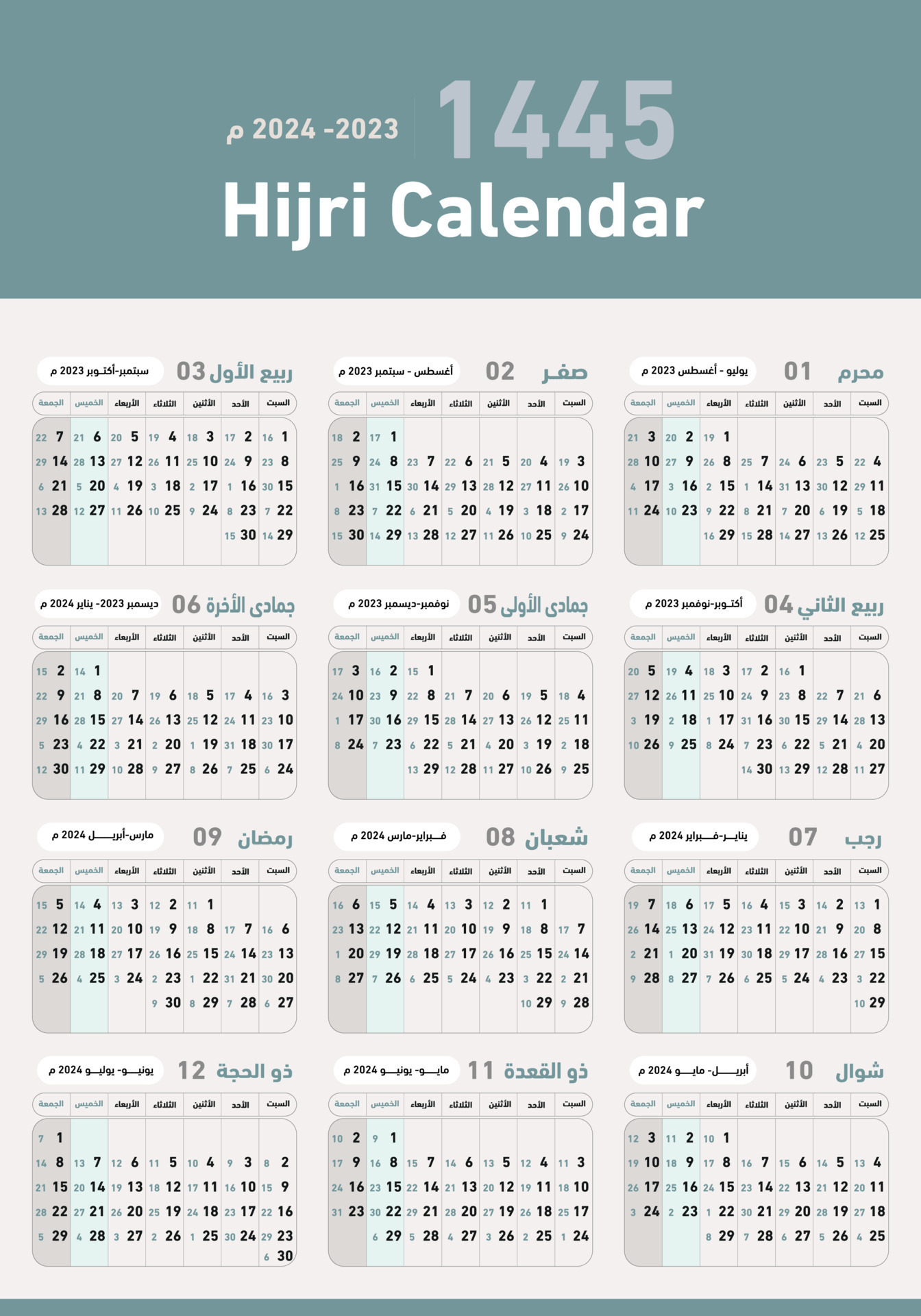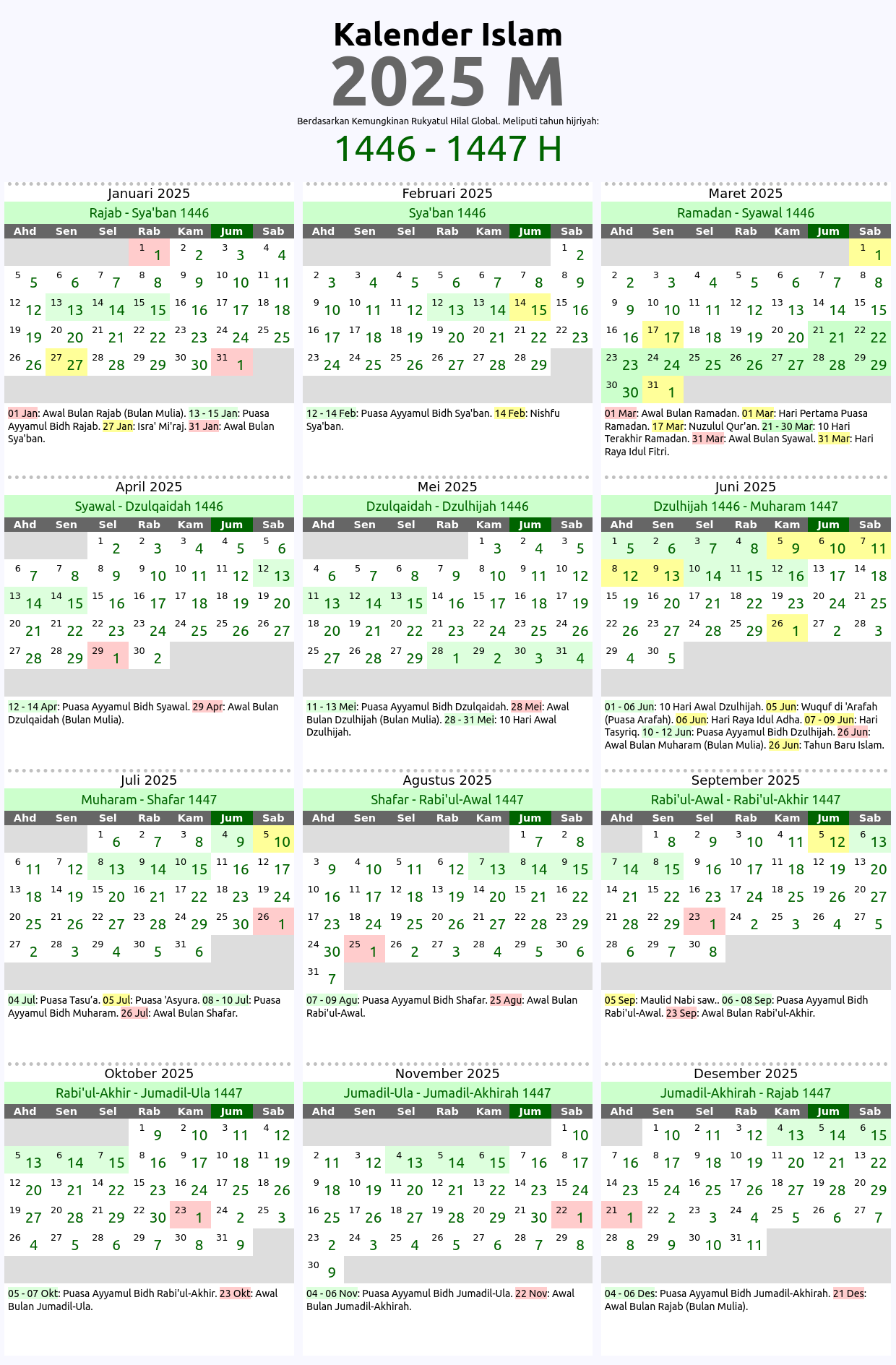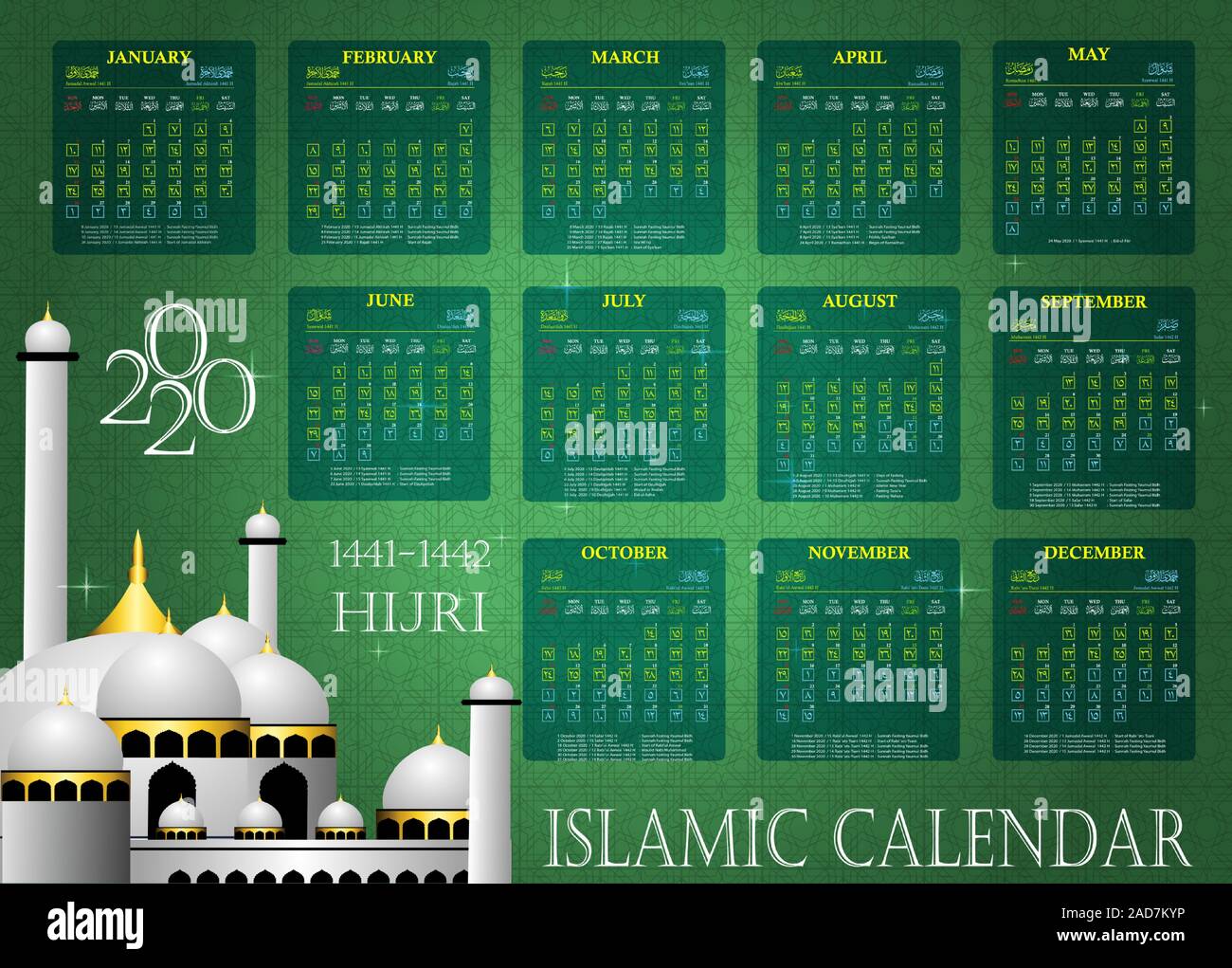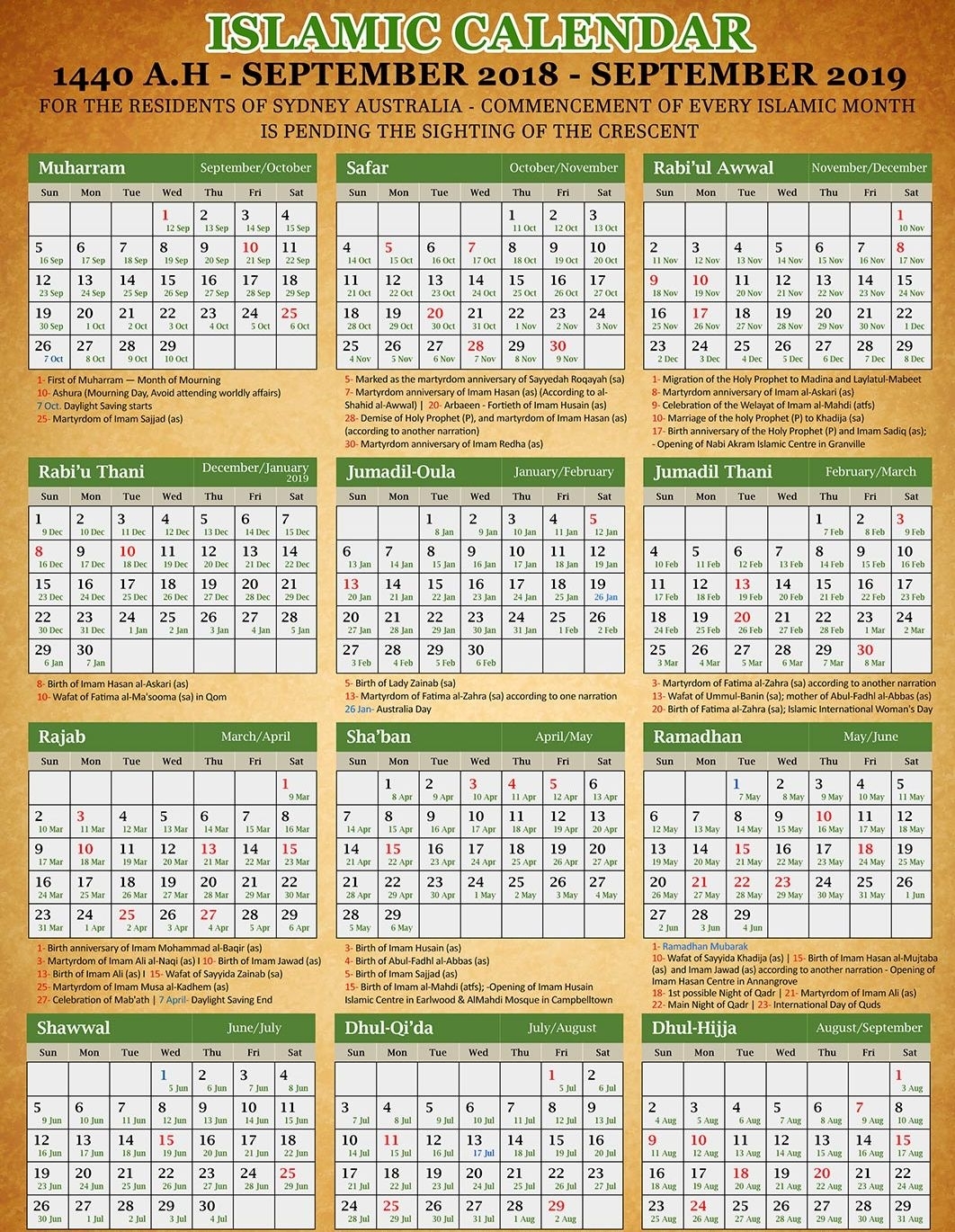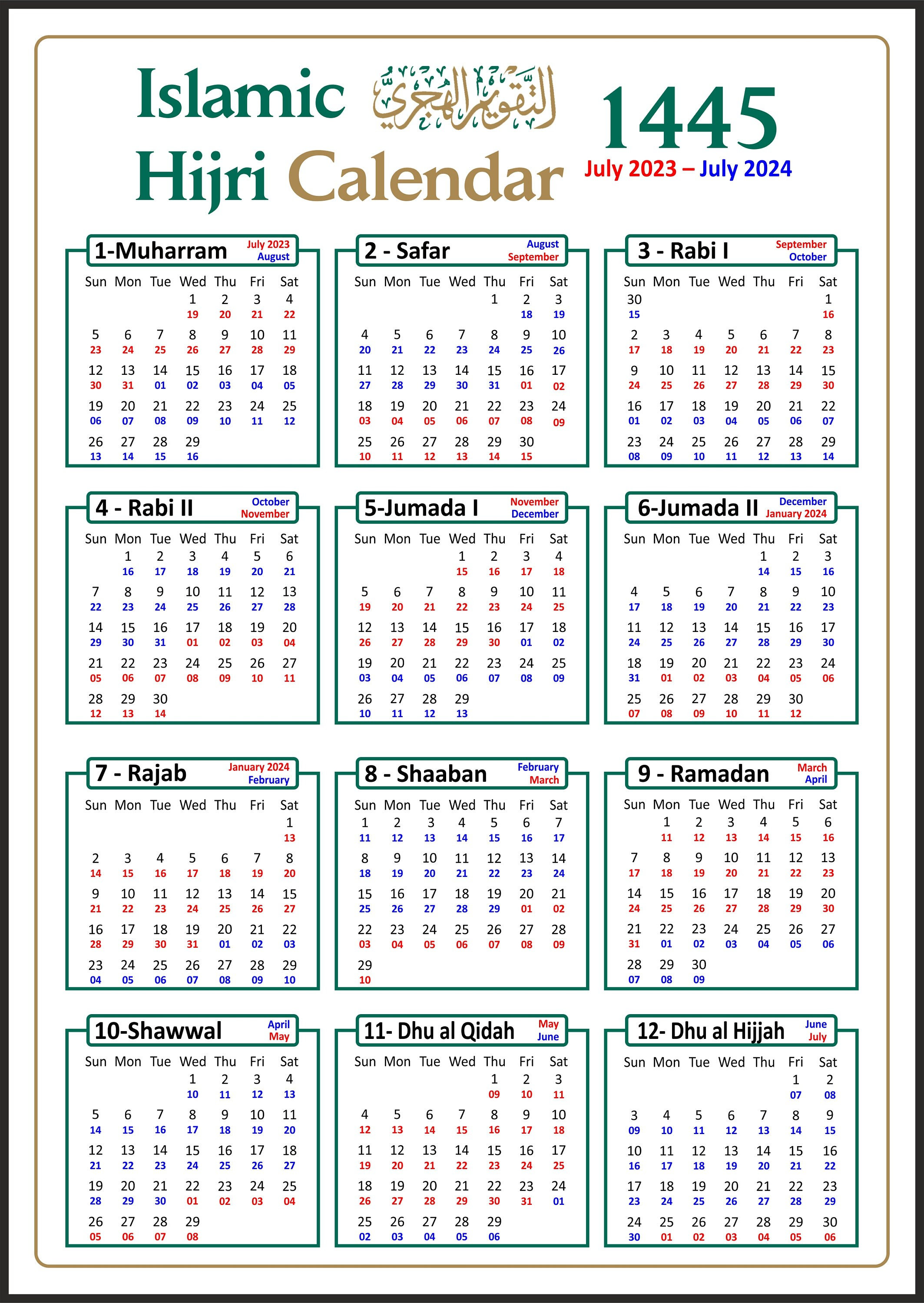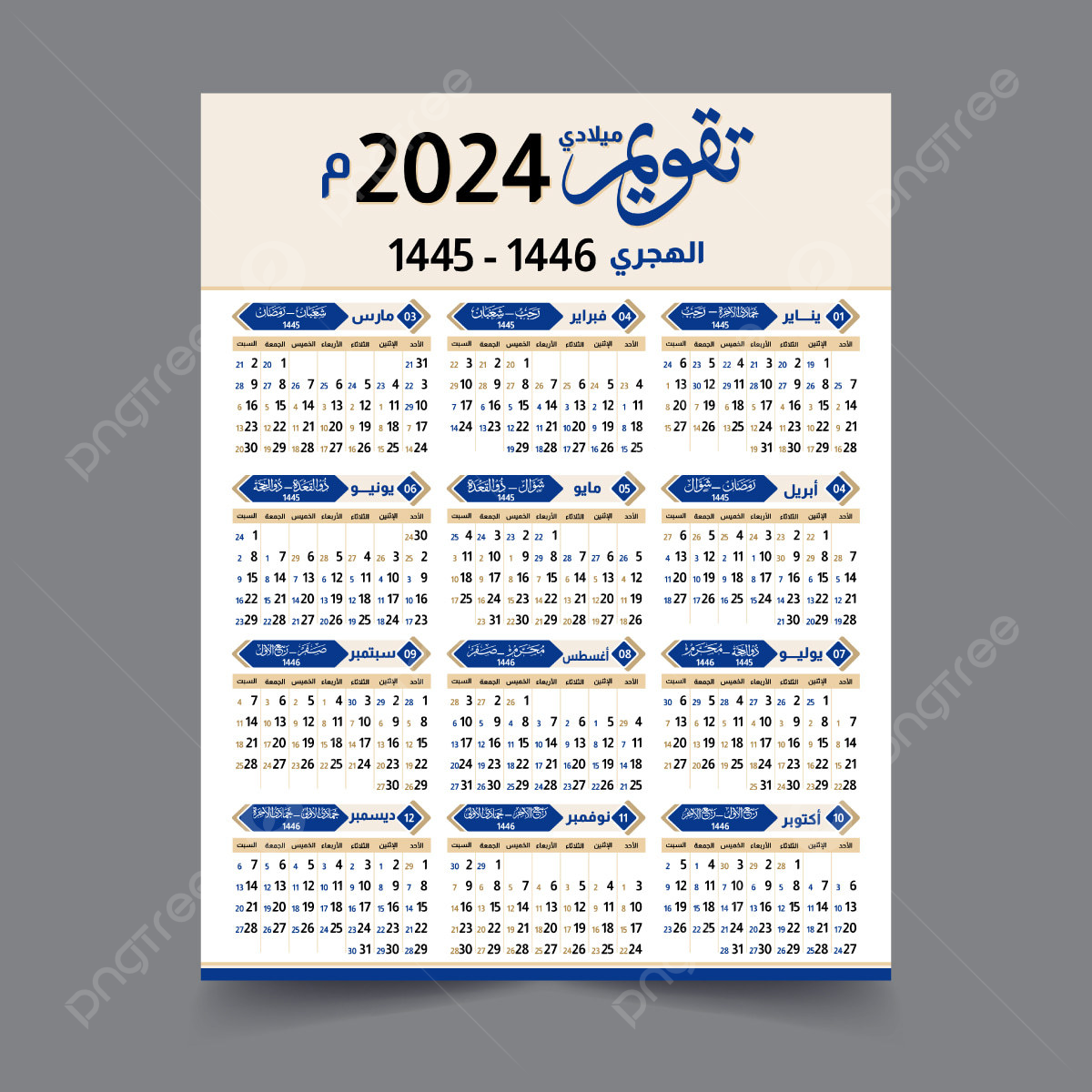May 2025 Calendar Islamic
Navigating the Month: An In-Depth Look at the Islamic Calendar for May 2025
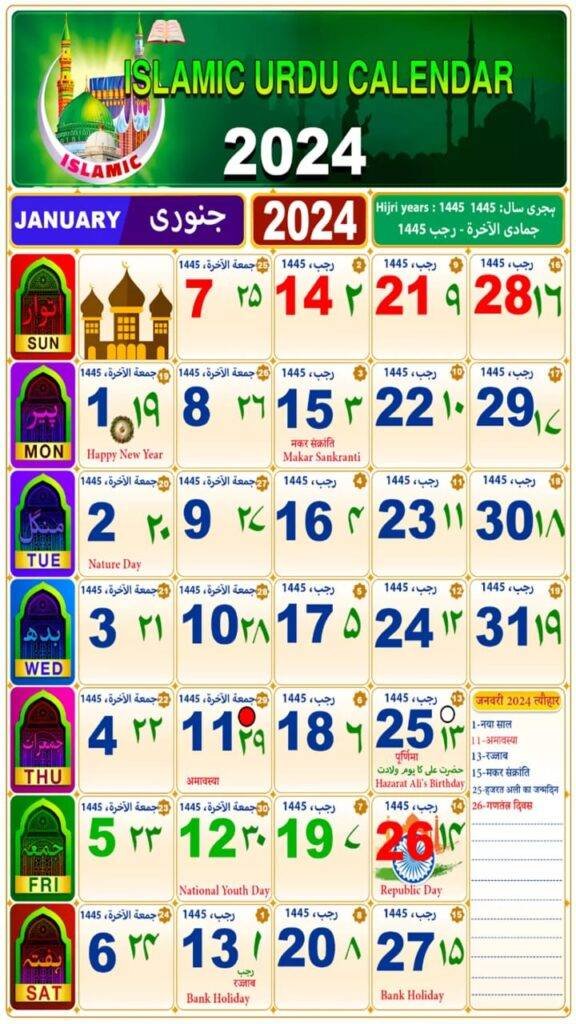
May 2025, in the Gregorian calendar, will hold a unique significance for Muslims worldwide as they navigate the lunar Islamic calendar. Unlike the solar Gregorian calendar, the Islamic calendar is lunar, meaning its months are based on the cycles of the moon. This results in a constantly shifting alignment with the Gregorian calendar, making it essential to consult a reliable source for accurate dates. This article provides a comprehensive overview of the Islamic calendar for May 2025, exploring its significance, key events, and practical implications for Muslims globally.
Understanding the Islamic Lunar Calendar:
The Islamic calendar, also known as the Hijri calendar, begins with the Hijra (migration) of Prophet Muhammad (peace be upon him) from Mecca to Medina in 622 CE. This event marks a pivotal moment in Islamic history, signifying the establishment of the first Muslim community and the beginning of a new era. Unlike the Gregorian calendar’s fixed 365-day year (with leap years), the Islamic calendar has a 354-day year, approximately 11 days shorter. This difference necessitates the adjustment of Islamic months relative to the Gregorian calendar each year.
The Islamic calendar is strictly lunar, meaning each month begins with the sighting of the new crescent moon. This reliance on astronomical observation can lead to slight variations in the starting date of a month depending on geographical location and the visibility of the crescent. Many Islamic organizations and astronomical bodies utilize calculations to predict the new moon’s appearance, providing a standardized calendar for the global Muslim community. However, the traditional method of sighting remains important for many.
May 2025 in the Islamic Calendar: Determining the Month and Key Dates:
To accurately determine which Islamic month corresponds to May 2025, we need to consult a reliable Islamic calendar. The specific Islamic month will depend on the sighting of the new moon in April 2025. However, based on astronomical calculations, it is highly likely that May 2025 will fall within either the month of Shawwal or Dhul-Qi’dah of the Islamic year 1446 AH (Anno Hegirae – the year of the Hijra).
Shawwal (شوال): A Month of Celebration and Reflection:
Shawwal is the tenth month of the Islamic calendar and immediately follows Ramadan, the holy month of fasting. It’s a month of significant transition, moving from the spiritual intensity of Ramadan to a period of celebration and renewed focus. Key aspects of Shawwal include:
-
Eid al-Fitr: The most important event in Shawwal is Eid al-Fitr, the "Festival of Breaking the Fast." This joyous occasion marks the end of Ramadan and is celebrated with prayers, family gatherings, feasts, and acts of charity. The exact date of Eid al-Fitr varies each year based on the sighting of the Shawwal crescent moon. If May 2025 falls within Shawwal, Eid al-Fitr would likely fall in early May.
-
Six Days of Fasting: Many Muslims choose to fast for six days of Shawwal, which is highly recommended in Islamic teachings. This act of voluntary fasting is considered equivalent to fasting the entire year.
-
Renewed Spiritual Focus: After the spiritual discipline of Ramadan, Shawwal provides an opportunity for reflection and continued spiritual growth. Many Muslims continue to maintain good habits formed during Ramadan, such as increased prayer, charity, and recitation of the Quran.
Dhul-Qi’dah (ذو القعدة): A Sacred Month of Preparation:
If May 2025 falls within Dhul-Qi’dah, it signifies a period of preparation for the upcoming Hajj pilgrimage. Dhul-Qi’dah is considered one of the four sacred months in the Islamic calendar, during which warfare and conflict are traditionally prohibited. The key significance of Dhul-Qi’dah in relation to May 2025 lies in its proximity to:
-
Hajj Preparations: Muslims who plan to perform Hajj begin their preparations during this month. This involves securing visas, making travel arrangements, and ensuring they meet all the necessary requirements for the pilgrimage.
-
Spiritual Reflection and Preparation: Dhul-Qi’dah provides an opportunity for Muslims to engage in spiritual reflection and prepare themselves for the spiritual journey of Hajj.
-
Increased Acts of Worship: As with other sacred months, Dhul-Qi’dah is a time for increased acts of worship, including prayer, recitation of the Quran, and charitable giving.
Practical Implications for Muslims in May 2025:
The Islamic calendar’s influence on the lives of Muslims is profound, impacting various aspects of daily life, including:
-
Prayer Times: Prayer times are calculated based on the position of the sun, and these times shift slightly each day. Muslims use prayer timetables specific to their location to perform their five daily prayers.
-
Fasting: The voluntary fasting of six days in Shawwal, if applicable, requires careful planning and adherence to the Islamic guidelines for fasting.
-
Religious Observances: The exact dates of Eid al-Fitr and other religious observances will need to be confirmed through reliable sources, as these dates vary each year.
-
Social Events and Gatherings: Many social events and gatherings among Muslim communities are planned around Islamic holidays and significant dates.
Conclusion:
The Islamic calendar for May 2025 will be either Shawwal or Dhul-Qi’dah of 1446 AH. This month holds significant religious and cultural importance for Muslims worldwide, encompassing celebrations, reflection, and preparation for major religious events such as Eid al-Fitr or Hajj. It’s crucial for Muslims to consult reliable Islamic calendars and sources to accurately determine the specific dates and plan accordingly. Understanding the nuances of the lunar calendar and its impact on the lives of Muslims provides a deeper appreciation for the rich tapestry of Islamic faith and practice. This article serves as a general guide, and consulting local religious authorities and Islamic organizations for precise dates and local customs remains essential for accurate observance. The beauty of the Islamic calendar lies in its connection to the natural world and its constant reminder of the cyclical nature of life, faith, and devotion.
